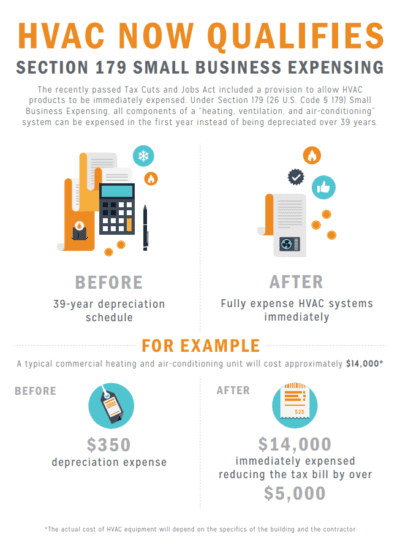Understand How To Take Full Advantage Of The Efficiency And Durability Of Your Heatpump System By Avoiding Regular Installation Risks
Understand How To Take Full Advantage Of The Efficiency And Durability Of Your Heatpump System By Avoiding Regular Installation Risks
Blog Article
Content Author-Saunders Morris
When mounting a heatpump, you need to steer clear of usual blunders that could jeopardize its performance. Overlooking air conditioning installation companies near me might lead to inefficiencies and greater utility costs. aircon units and securing can result in energy wastage and stress on the system. In addition, positioning the outdoor system inaccurately might impact its performance. By staying clear of these errors, you can ensure ideal operating and durability of your heat pump system.
Improper Sizing of Heatpump
When it concerns the setup of heatpump, one of the most typical errors is improperly sizing the device for your space. Making sure the ideal size is essential for optimum performance. If the heat pump is too small, it will have a hard time to warmth or cool your space efficiently, resulting in raised power bills and prospective wear and tear on the system.
On the other hand, if the heatpump is also huge, it will cycle on and off frequently, creating temperature level fluctuations and decreasing its life expectancy.
To avoid this mistake, it's vital to have a professional assess your room and advise the suitable dimension of the heat pump based upon variables like square video, insulation, ceiling elevation, and regional climate. By spending the time and effort to guarantee the correct sizing, you can take pleasure in a comfy environment while making the most of power effectiveness and extending the life-span of your heat pump.
Inadequate Insulation and Sealing
To guarantee the efficient operation of your heat pump, it's critical to address inadequate insulation and sealing in your space. Appropriate insulation helps preserve a consistent temperature level inside, lowering the work on your heatpump. Poor insulation can cause power loss, making your heat pump job harder and much less effectively.
Sealing any kind of gaps or leaks in your space is similarly important. These voids allow conditioned air to leave and exterior air to permeate in, compeling your heat pump to compensate for the temperature fluctuations.
Incorrect Placement of Outdoor System
Attending to the placement of your heat pump's exterior device is essential to enhancing its efficiency. Mounting the outdoor device in an inaccurate place can lead to efficiency concerns and prospective damages to the unit.
One common blunder to prevent is positioning the exterior device as well near to a wall or various other structures. This can limit airflow, causing the device to work harder to warmth or cool your space, eventually reducing its performance and life-span.
An additional mistake to steer clear of is placing the outdoor system in straight sunlight. While some sunlight is inescapable, extreme exposure can cause getting too hot, specifically throughout warm summer days. air conditioning repair experts canterbury to position the outside device in a shaded location to aid preserve its optimum operating temperature.
Moreover, see to ducted heat pump running costs that the exterior device is placed on a steady and degree surface area. Irregular ground can trigger resonances and unnecessary stress on the unit, impacting its efficiency in time.
Final thought
To conclude, avoiding typical blunders throughout heatpump installment is important for maximizing efficiency and durability of your system. By making sure correct sizing, ample insulation, sealing, and correct positioning of the outdoor device, you can stop problems such as inadequacies, raised power costs, and pressure on the system. Putting in the time to address these crucial variables will ultimately conserve you time and money over time.
